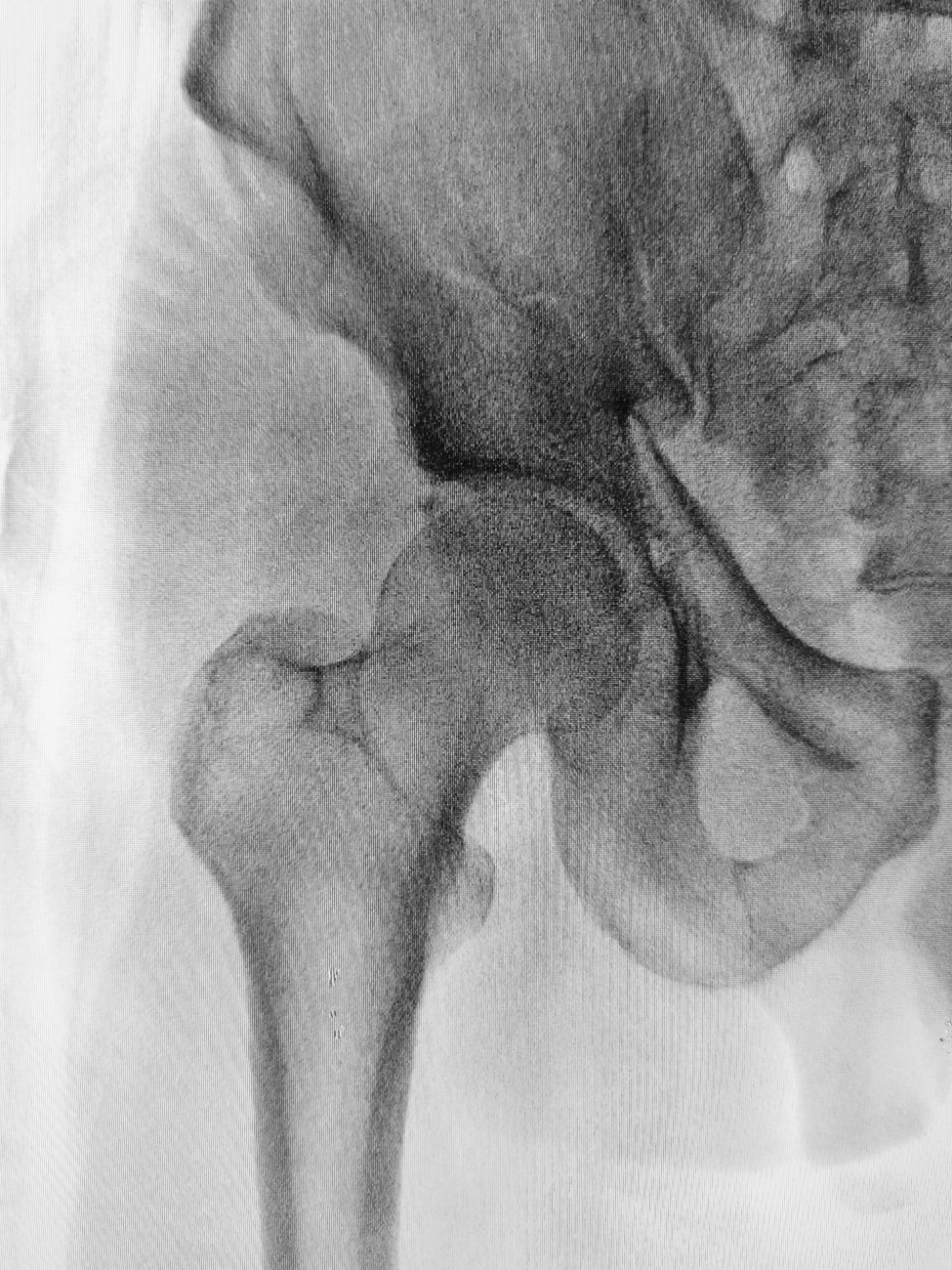
Published 2022-04-22
Keywords
- Cost of Illness,
- Nursing Research,
- Caregivers,
- Rare Diseases,
- Parenting
How to Cite
Copyright (c) 2021 McGill Journal of Medicine

This work is licensed under a Creative Commons Attribution-NonCommercial-ShareAlike 4.0 International License.
Abstract
Osteogenesis Imperfecta (OI), also known as brittle bone disease, is a rare genetic condition characterized by increased bone fragility. The financial costs of caring for a child with a rare condition can be a significantsource of stress for families. As such, the financial costs of care are a concern to the clinicians who care for these families. However, the financial impact of caring for a child with OI is under-reported. A secondary analysis was conducted on data collected from a qualitative study in nursing. The aim was to offer preliminary insights into the financial impacts of caring for a child living with OI. Participants reported many direct out-of-pocket costs, which presented with reimbursement barriers. Other indirect costs resulted from missed work, career changes, or workforce departures. Policy and clinical implications include optimizing accessibility of supportive childcare policies, simplifying healthcare reimbursements, and regularly assessing families’ knowledge of available financial supports.
Downloads
References
- Forlino A, Marini JC. Osteogenesis imperfecta. Lancet. 2016; 387(10028):1657-71. Available from: https://www.sciencedirect.com/science/article/abs/pii/S014067361500728X.
- Pelentsov LJ, Laws TA, Esterman AJ. The supportive care needs of parents caring for a child with a rare disease: A scoping review. Disabil Health J. 2015; 8(4):475-91. Available from: https://www.sciencedirect.com/science/article/pii/S193665741500045X.
- Pinto M, Madureira A, Barros LBP, Nascimento M, Costa A, Oliveira NV, et al. [Complex care, high cost, and loss of income: frequent issues for families of children and adolescents with rare health conditions]. Cad Saude Publica. 2019; 35(9). Available from: https://europepmc.org/article/med/31508699.
- Castro AR, Chougui K, Bilodeau C, Tsimicalis A. Exploring the Views of Osteogenesis Imperfecta Caregivers on Internet-Based Technologies: Qualitative Descriptive Study. Journal of Medical Internet Research. 2019; 21(12):e15924. Available from: https://www.jmir.org/2019/12/e15924.
- Braun V, Clarke V. Using thematic analysis in psychology. Qual Res Psych. 2006; 3(2):77-101. Available from: https://www.tandfonline.com/doi/abs/10.1191/1478088706QP063OA.
- Jo C. Cost-of-illness studies: Concepts, scopes, and methods. Clin Mol Hepatol. 2014; 20(4):327. Available from: https://www.ncbi.nlm.nih.gov/pmc/articles/PMC4278062/.
- Angelis A, Tordrup D, Kanavos P. Socio-economic burden of rare diseases: A systematic review of cost of illness evidence. Health Policy. 2015; 119(7):964-79. Available from: https://www.sciencedirect.com/science/article/abs/pii/S0168851014003509.
- Anderson D, Dumont S, Jacobs P, Azzaria L. The personal costs of caring for a child with a disability: A review of the literature. Public Health Rep. 2007; 122(1):3-16. Available from: https://journals.sagepub.com/doi/abs/10.1177/003335490712200102.
- Warner EL, Kirchhoff AC, Nam GE, Fluchel M. Financial burden of pediatric cancer for patients and their families. Journal of Oncology Practice. 2015; 11(1):12-8. Available from: https://ascopubs.org/doi/full/10.1200/jop.2014.001495.
- Castro AR, Marinello J, Chougui K, Morand M, Bilodeau C, Rauch F, et al. The day-to-day experiences of caring for children with Osteogenesis Imperfecta: A qualitative descriptive study. Journal of Clinical Nursing. 2020. Available from: https://onlinelibrary.wiley.com/doi/pdf/10.1111/jocn.15310.




